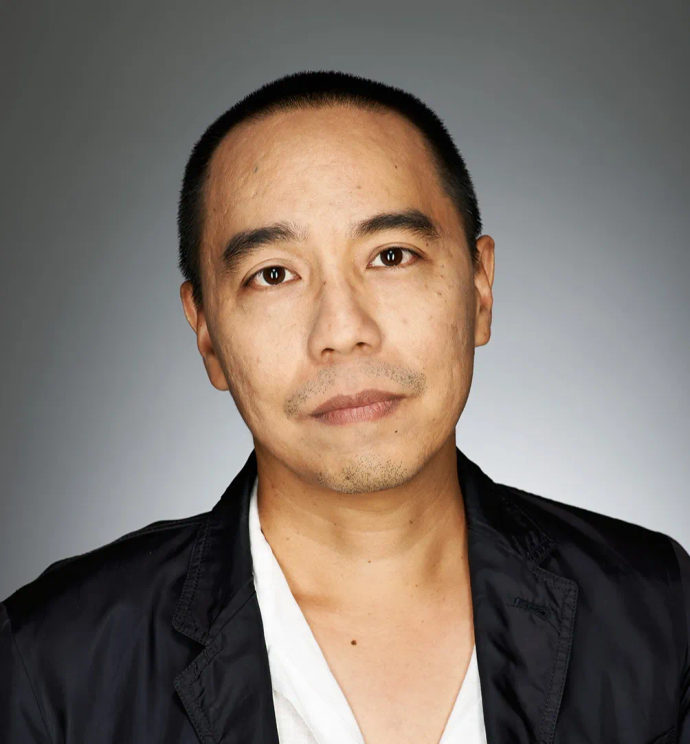
Apichatpong Weerasethakul
Apichatpong Weerasethakul is a Thai filmmaker and artist known for his experimental films that explore themes of memory, identity, and spirituality. He was born in Bangkok, Thailand, in 1970, and studied architecture at Khon Kaen University before earning a master's degree in filmmaking from the School of the Art Institute of Chicago.
Weerasethakul's films often blur the lines between reality and fiction, weaving together elements of Thai folklore and personal narratives. He is known for his use of long takes, natural landscapes, and dreamlike imagery. His feature film "Uncle Boonmee Who Can Recall His Past Lives" won the Palme d'Or at the Cannes Film Festival in 2010, bringing international attention to his work.
In addition to his filmmaking practice, Weerasethakul is also an accomplished artist, working in mediums such as video, photography, and installation. His artwork often explores similar themes as his films, such as the intersection of nature and culture.
Weerasethakul's work has been exhibited in galleries and museums around the world, including the Guggenheim Museum in New York, the Venice Biennale, and the Haus der Kunst in Munich. In 2016, he was awarded the prestigious Fukuoka Prize for Arts and Culture in recognition of his contributions to the arts.
Years:
Born in 1970
Country:
Thailand, Chiang Mai